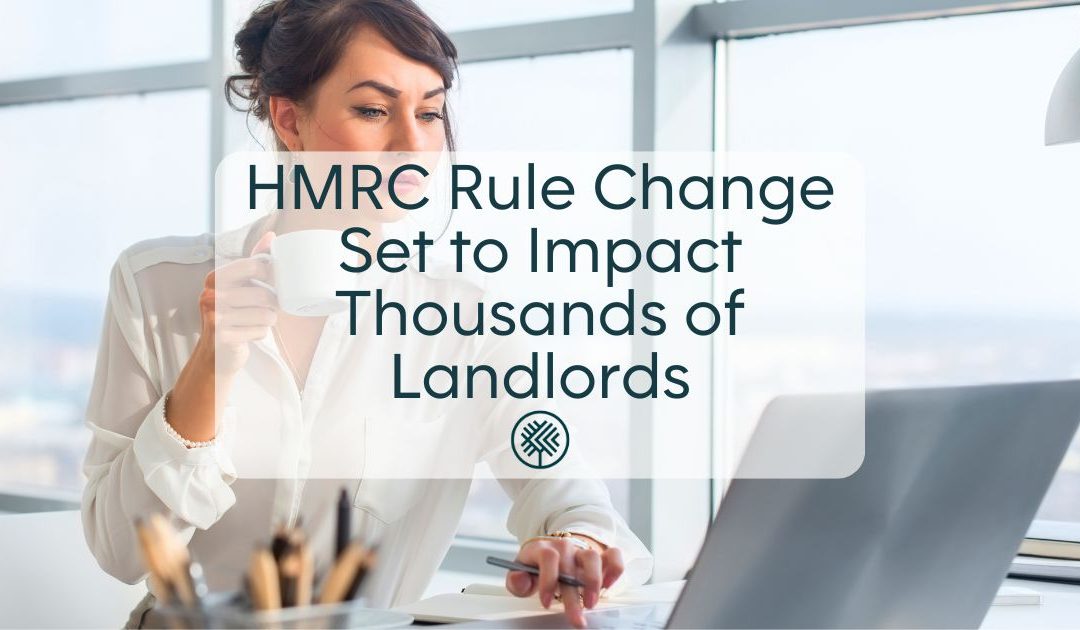A major change is coming for landlords across the UK. From April 2026, HMRC will begin rolling out a requirement for landlords to report their income and expenses every three months. This forms part of the government’s Making Tax Digital (MTD) initiative, which aims to modernise the tax system by requiring digital record-keeping and more frequent reporting.
Who Will Be Affected?
Initially, the new rules will apply to landlords and self-employed individuals earning over £50,000 a year in gross income. From April 2027, the threshold will drop to £30,000, and eventually reduce to £20,000 from 2028. Importantly, these figures are based on gross income, not profit, meaning even landlords with just one or two properties could be affected.
What Will Be Required?
Under the new system, landlords must use HMRC-approved digital software to maintain up-to-date financial records. They will then need to submit quarterly updates throughout the year, along with a final annual declaration to confirm total earnings and expenses.
This marks a significant shift from the current once-a-year self-assessment and will require a higher level of organisation and digital literacy.
The Costs and Consequences
Complying with MTD is not without cost. HMRC estimates that landlords will spend an average of £480 per year on accounting software, support, and admin time.
There are also penalties for non-compliance:
-
Late submissions could lead to fines of 3% of the tax due,
-
Increasing to 10% if unpaid after 31 days.
This makes it crucial for landlords to stay ahead of deadlines and ensure accurate, timely reporting.
Is There Any Upside?
HMRC argues that Making Tax Digital will help landlords by giving them a clearer, more regular view of their financial situation, allowing for better planning and fewer surprises at the end of the tax year. It’s also hoped the system will reduce common errors and missed deductions.
However, many landlords—especially those managing smaller portfolios—may find the transition challenging without the right support.
What Should Landlords Do Now?
If you’re a landlord, now is the time to prepare.
-
Check your current gross income to determine when you’ll be affected.
-
Explore compatible digital accounting software.
-
Start keeping digital records to get used to the process.
Getting support from your letting agent, accountant or tax adviser is highly recommended. A professional can help you remain compliant, reduce your workload, and avoid costly mistakes.
We’re Here to Help
At Oakfield, we’re already preparing for this change and are supporting our landlords in understanding what’s coming. If you need help navigating the new tax rules or would like to speak to someone about getting your portfolio ready, get in touch with our team.
We’re here to help take the stress out of being a landlord—even when the rules keep changing. Check out our contact details here.

